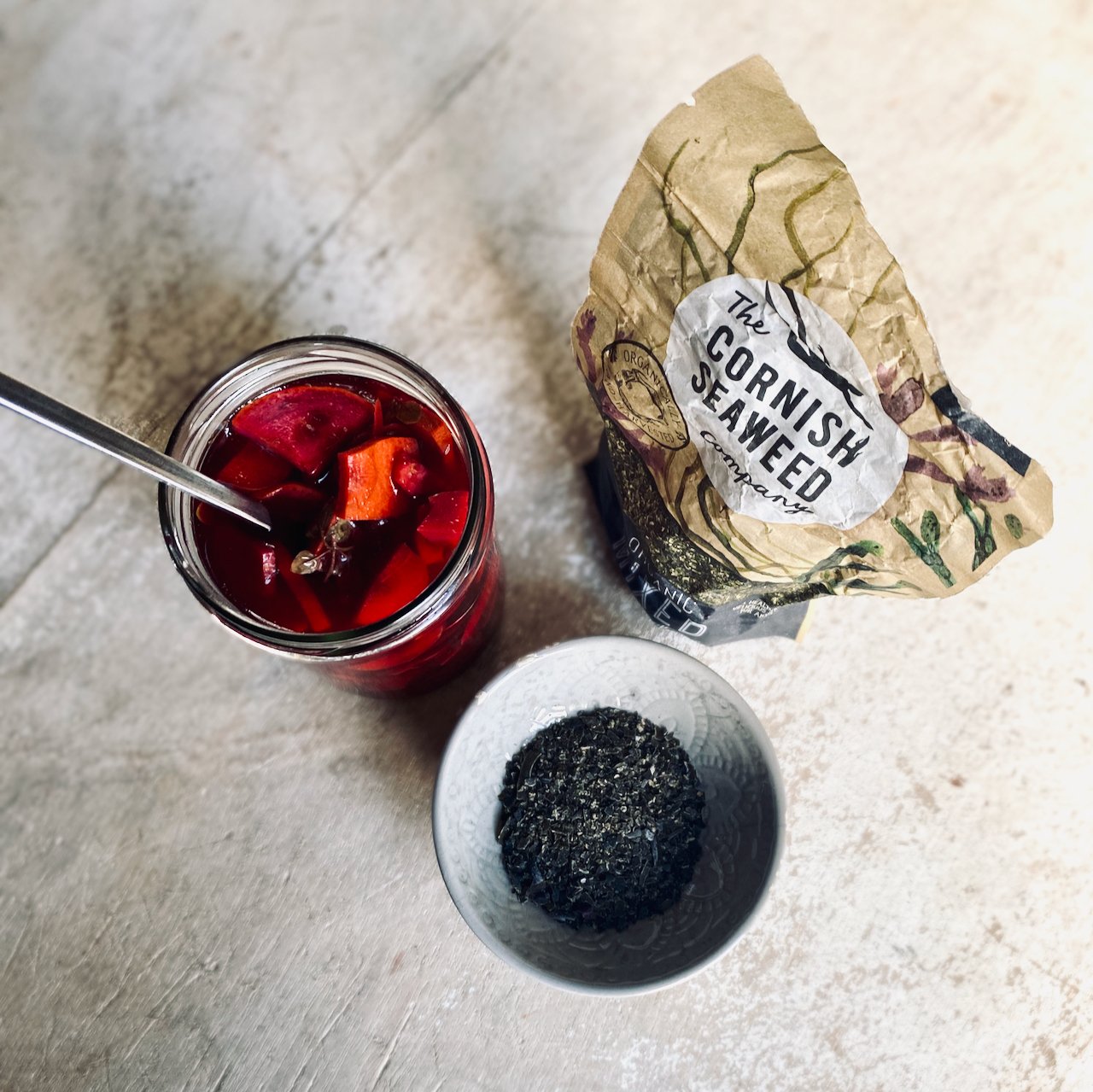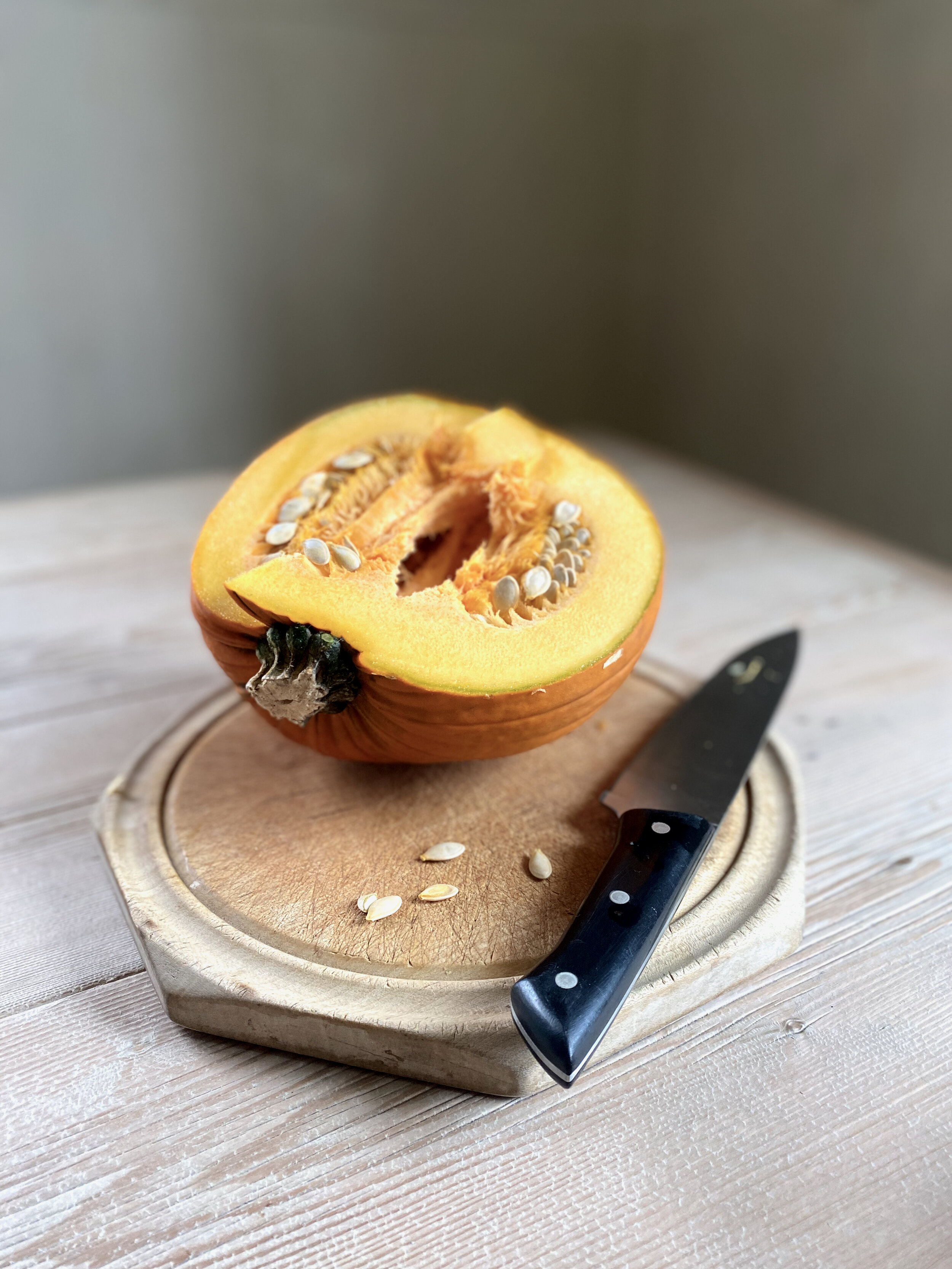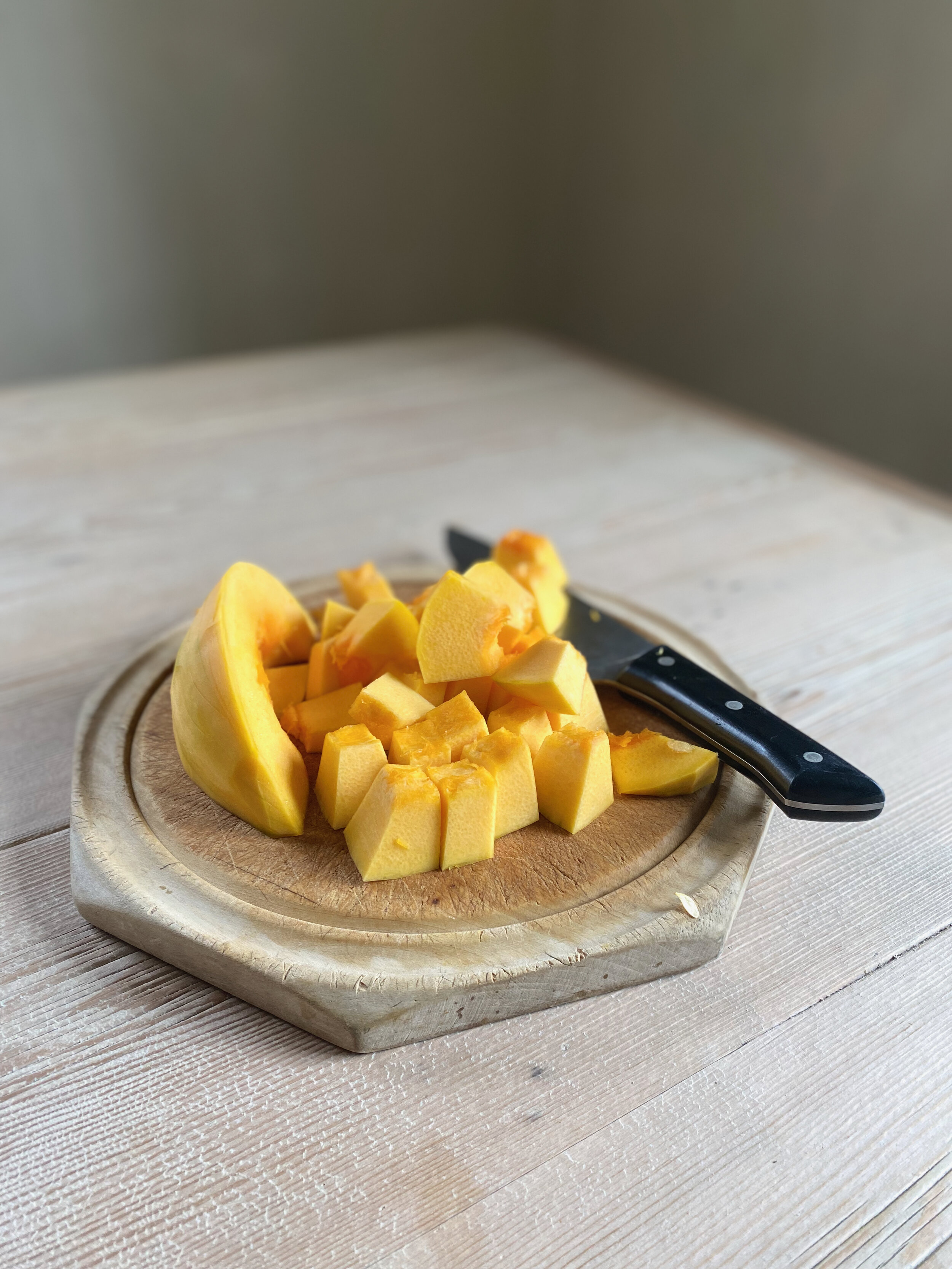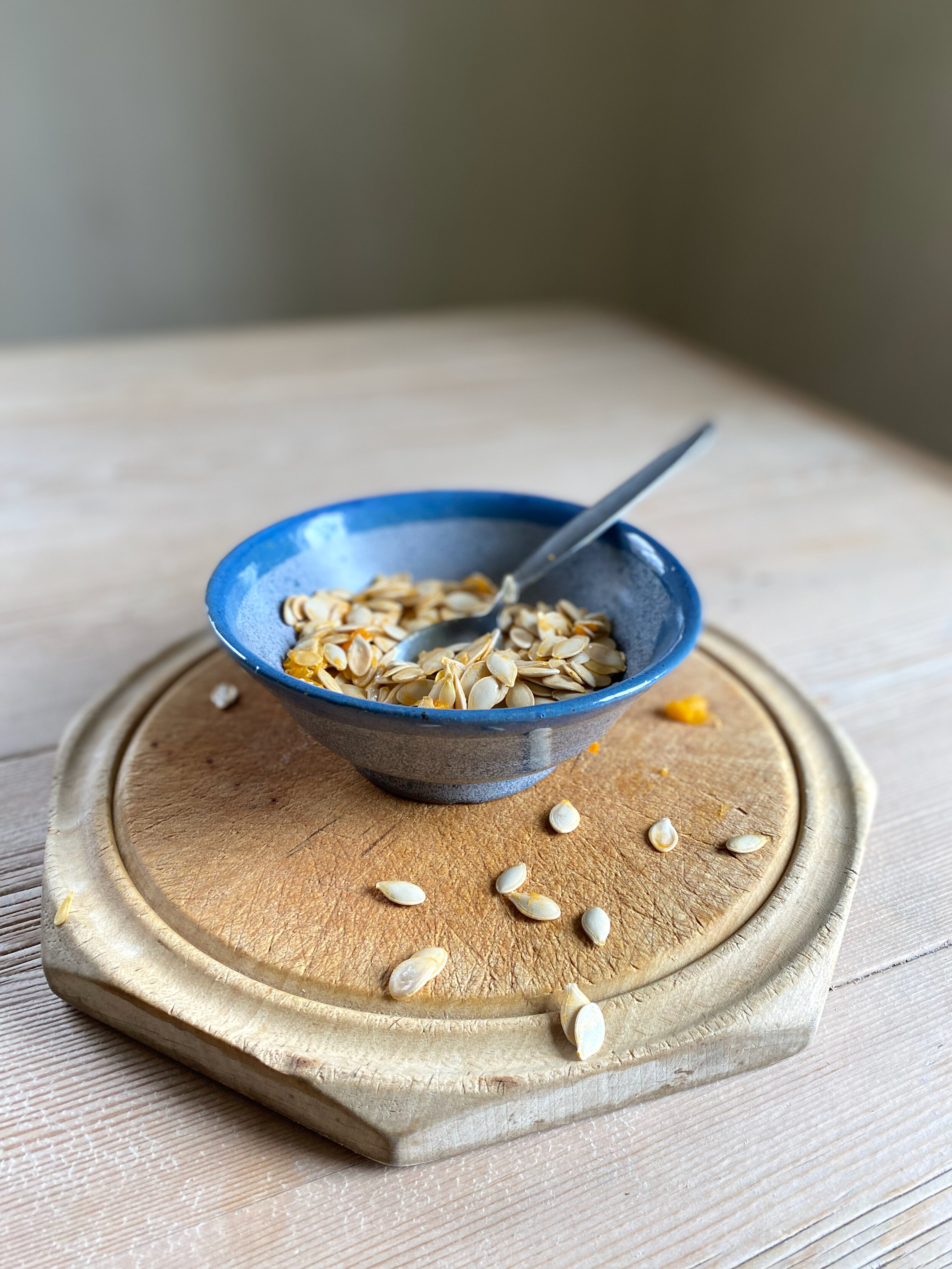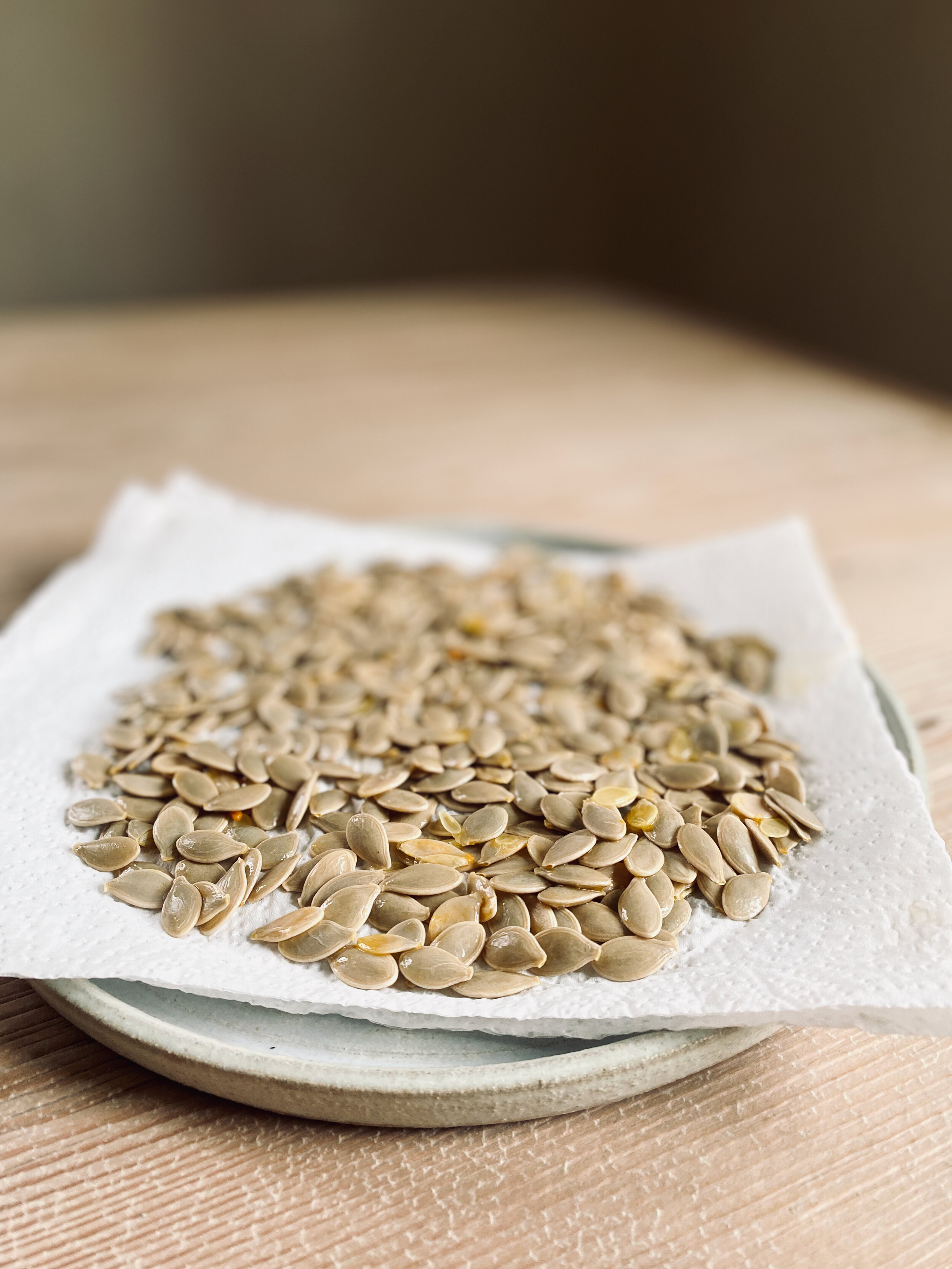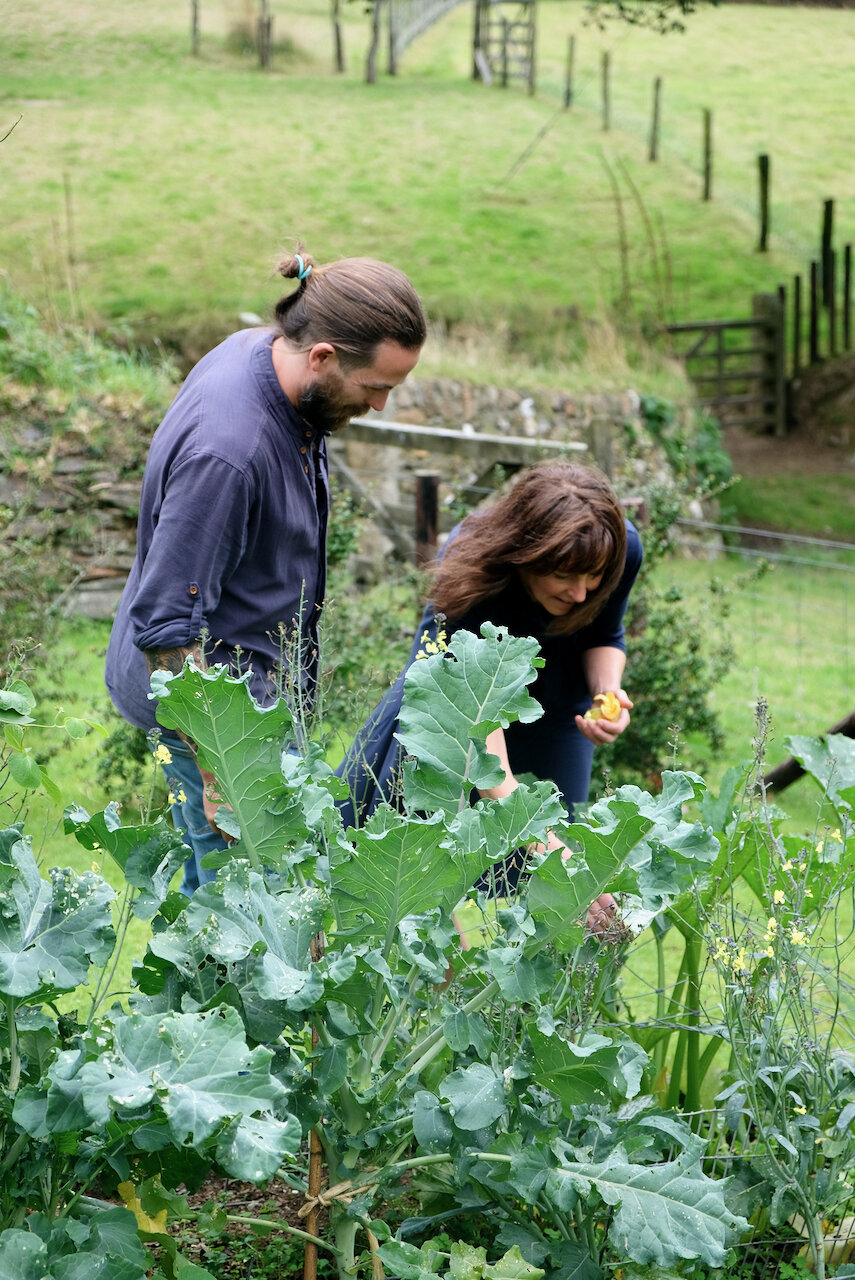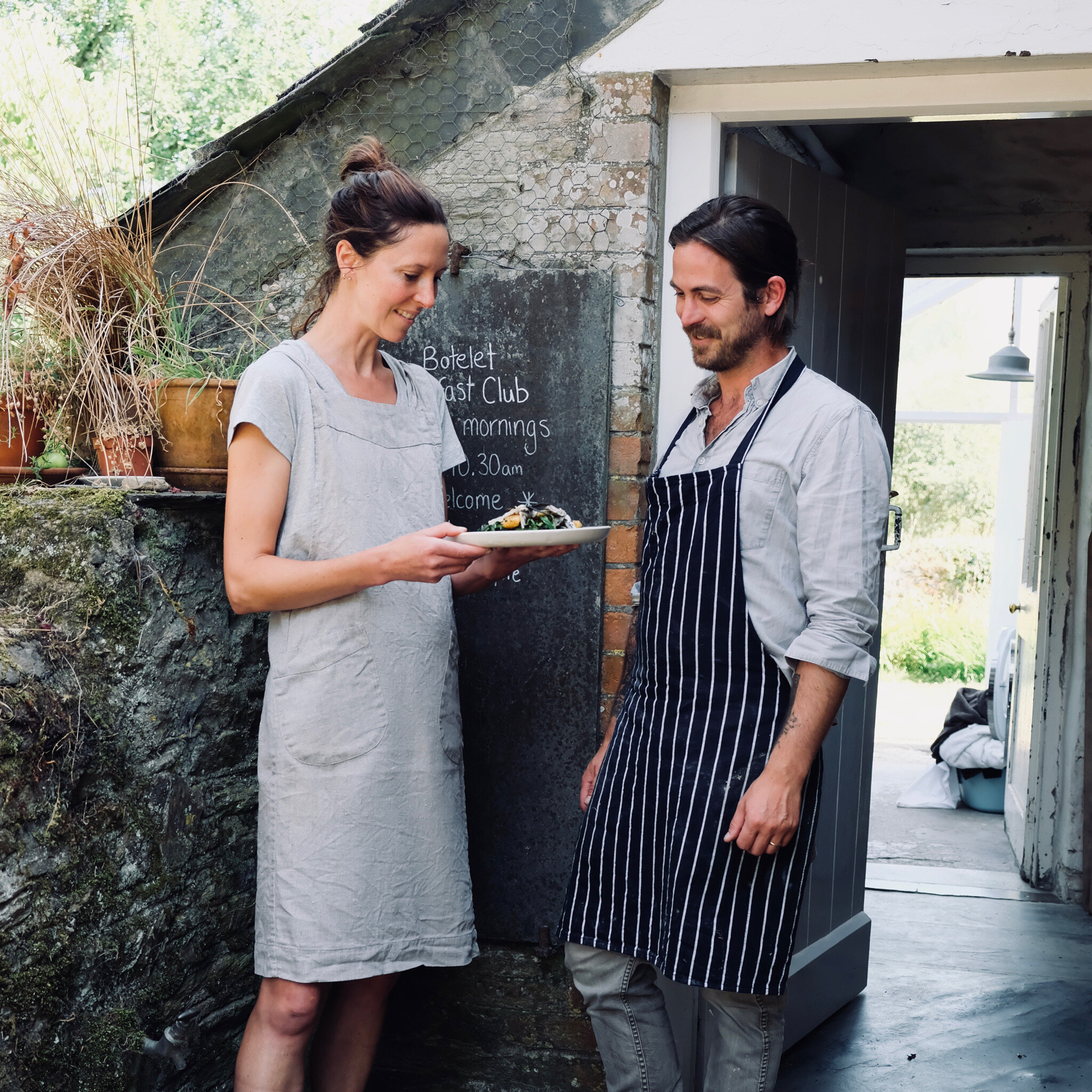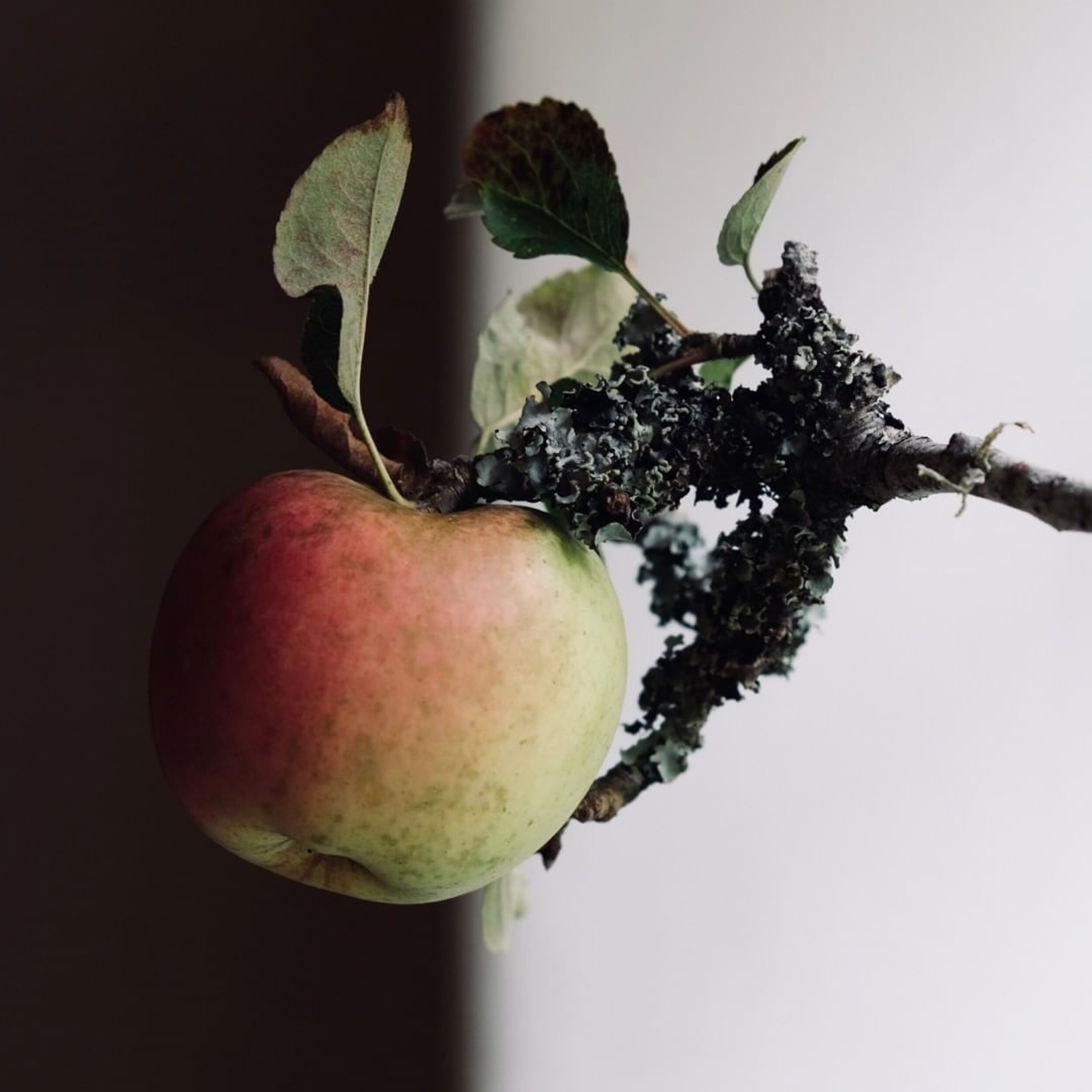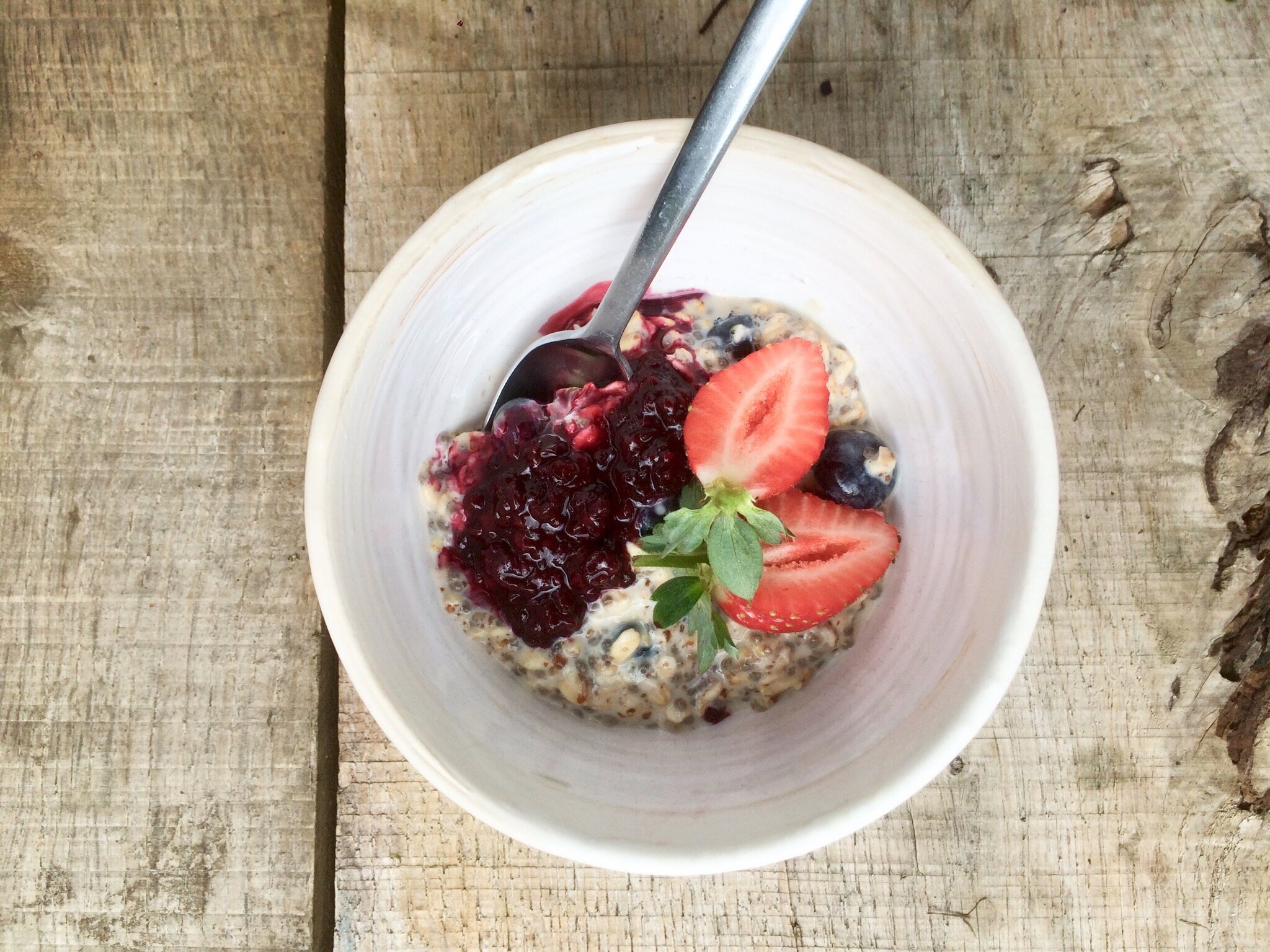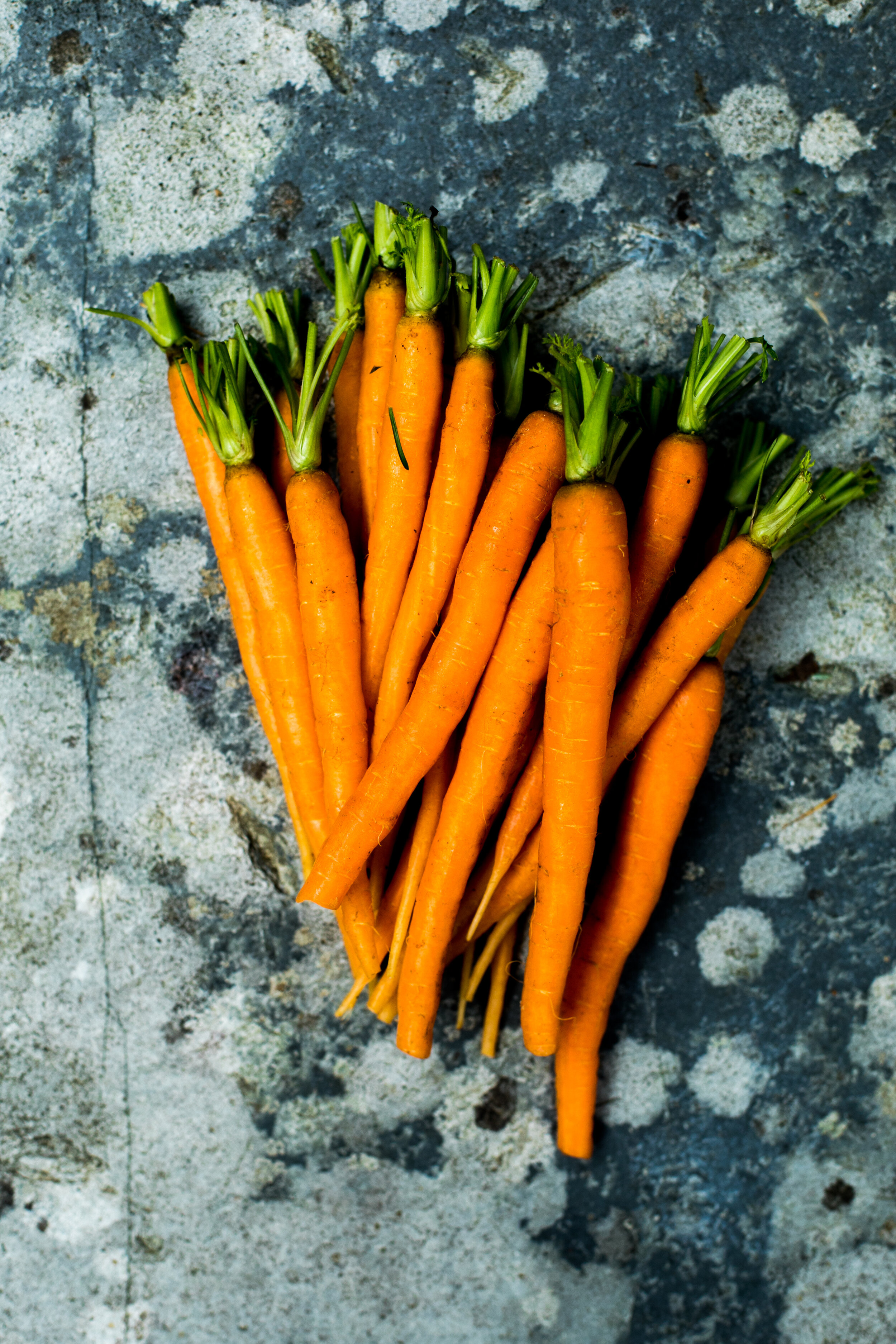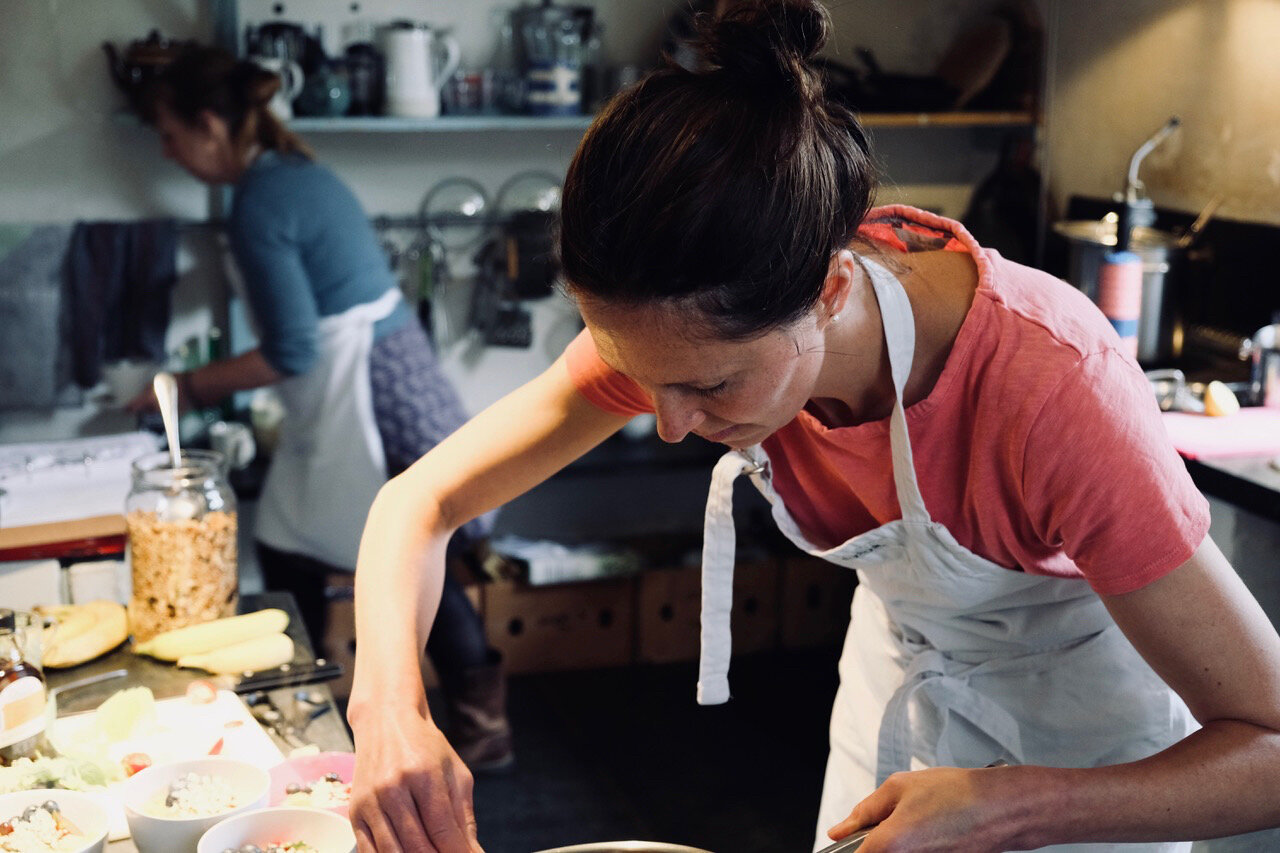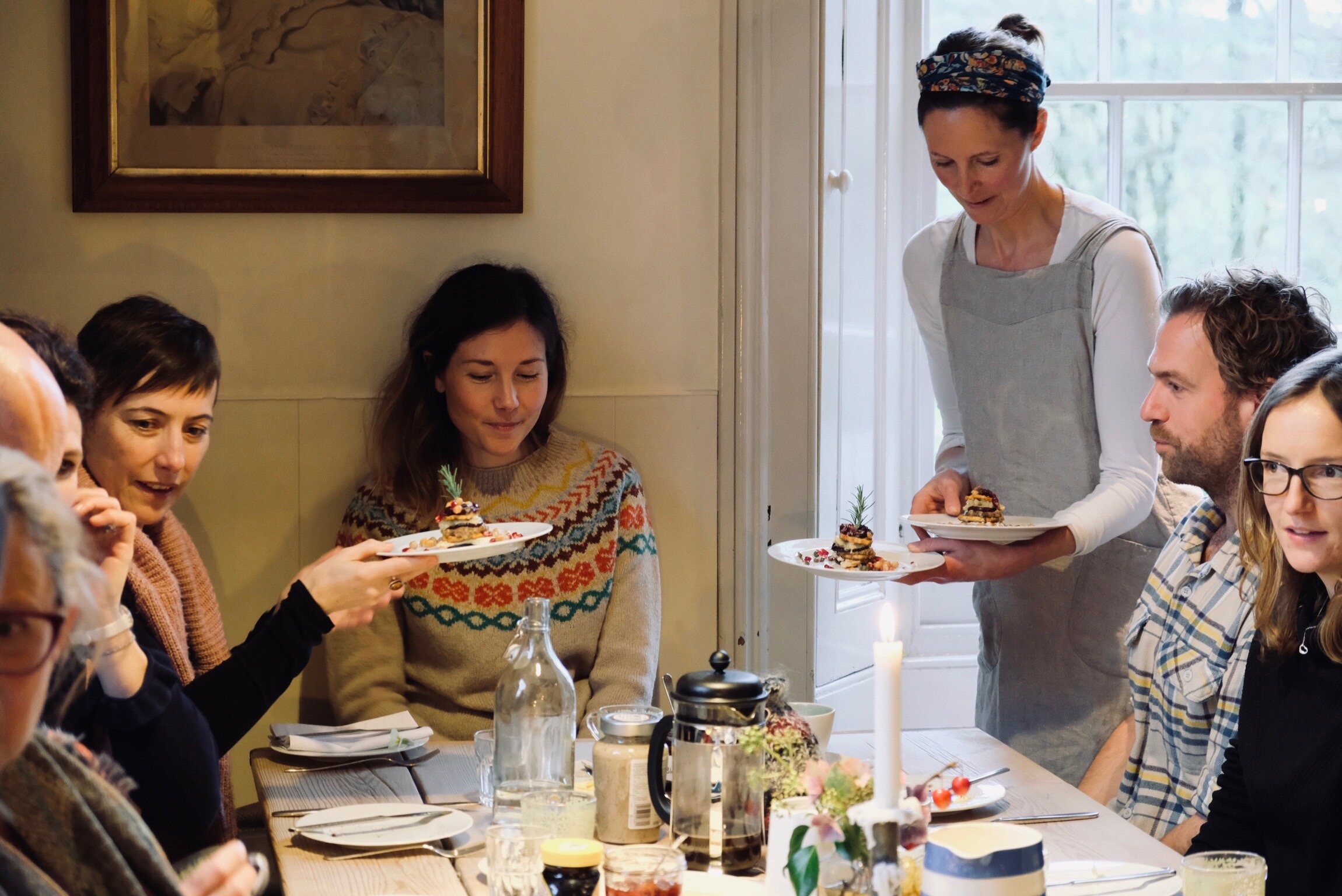Seasonal eating - a buzz word of our time. A fabulous intention - to eat that which is produced locally to us in harmony with the seasons, reconnecting with how our bodies were no doubt designed to eat before food was a global commodity and we became accustomed to eating fresh fruits and vegetables at any time of year, simply because our tastebuds fancied it or a recipe required it.
I am always drawn to restaurants offering a seasonal menu, it speaks to an intuitive sense of what is ‘right’. But then again, are there many eateries these days that aren’t using the term ‘seasonal’ to describe their offering? It feels as though we have collectively acknowledged the importance of seasonal eating - for freshness, for quality, for nutritional content, to support local producers and reduce food miles - but when a dish or menu is promoted as ‘seasonal’ it may be simply because one or two components are, with plenty of others shipped in, seriously degrading the sustainability of the meal. I know, as I’ve done this too! I have prepared and offered food as ‘seasonal’, referencing elements that are grown locally - for example an overnight oats topped with a compote that’s made with primarily with garden produce, but with oranges, grapefruits and pomegranates featuring within the recipe. They may be considered ‘winter’ fruits, but clearly not from the UK!
Seasonality has been playing on my mind. Perhaps living in the countryside where I’m so directly immersed in nature’s shifts; perhaps through my role of planning and delivering food for our monthly pop-up breakfast café Botelet Breakfast Club - but certainly through a recent weekend away as part of a creative collective, hosted by chef James Strawbridge at his family’s home, the beautiful Chateau de la Motte Husson. James set the themes for this immersive weekend retreat around seasonality, sustainability and collaboration. I am eternally grateful for the chance to have been part of such an extraordinary experience, working alongside chefs, musicians, artists, artisans, designers and more in a multi-disciplinary space to make, eat and create.
During the weekend I was lucky enough to meet (and eat the insanely delicious food of) Jamie Park, Head Chef at The Frog Restaurant in Hoxton. Jamie has taken seasonal eating to a new level, creating a significant challenge for himself and his team by committing to sourcing the majority of fresh produce from within the British Isles - and making careful decisions within these parameters about the sustainability of produce that he includes in the menu. Committing to be truly seasonal when working on a restaurant-scale, and with the expectations of an ever-changing menu, I was hugely inspired by Jamie’s approach. Not only in terms of what is happening at his particular restaurant, but the broader message it conveys which can extend through to influence our food choices and eating habits outside of restaurant experiences, too. Jamie talked about reactions to having repetitions of certain food groups through the menu - especially in winter when plant-based produce that’s grown in the UK is more limited. Yet you can cook - say, a cauliflower - many different ways, catering to different tastes and preferences. I love this boldness: this produce is in season locally, so it’s what is on the menu. Here are different ways in which you may like to eat and enjoy. If we extend this approach into home cooking, how often do we feel pressure to create a menu for the week (even one that’s spontaneous rather than overly planned) that’s based on variety of ingredients, rather than celebrating and getting creative with the repetition of seasonal items, and feeling comfortable with continuing to eat the same foods until they are finished rather than throwing away and starting again the next day - especially when we are cooking for others and are mindful of their expectations?
Returning from the weekend retreat in France my mind has kept returning to the question: if Jamie’s dedication to sustainable eating enables him to offer a seasonal menu in a fast-paced London restaurant, what more can I be doing (even in the smallest of ways) at home in rural Cornwall, where I’m surrounded by local organic growers and home-grown as well as foraged food options - with our Botelet Breakfast Club offering, and by extension with our family’s food? I have pitched our ‘Breakfast Club’ as being seasonal, but is it - really?
The first task I set myself in examining the true seasonality of our current offering was to do an audit of the fresh produce I used at our last Breakfast Club, and track back where it was sourced from. It’s worth noting that I reference plant-based and dairy produce as our Breakfast Club offering is vegetarian. This is what I found:
Produced in the UK: cauliflower, leeks, sea buckthorn, apples, yogurt, milk, butter, primroses
Imported from outside the UK: lemons, oranges, grapefruit, pomegranate, fresh coriander
Seasonal? Definitely embracing some fantastic locally grown (and garden) produce but, I believe, could be better. Do I really need to use the fruits that are shipped over from Europe and beyond?
My answer to this question, having returned from France, is: no. So I’m going to be bold, inspired by Jamie’s approach, and use the (albeit tiny) space in which we offer food through our Breakfast Club to explore true seasonality in vegetarian cooking. Going forward, the fresh produce that is part of the menu will be sourced from Cornwall.
We are lucky enough to have a small vegetable patch here at Botelet with scope to grow plenty, but I’m not an especially green-fingered soul, so whilst I am looking forward to challenging myself to increase the time I spend in the garden I also want this journey to be a chance to learn about more about foraged foods, and to become more connected to the fantastic local producers surrounding us. So, no more avocados, bananas or pomegranate appearing on the Breakfast Club menu.
I have chosen to set the locally-sourced parameters just to fresh produce - plants and dairy. Clearly there are issues around importing store cupboard items as well; however fresh produce seems the first and most obvious to source locally thereby maintaining freshness and nutritional value, and without the same need to rush goods into the UK from overseas before they spoil, with a potentially heavier environmental footprint where food travels by air.
I am also aware that there is a balance to be struck between purchasing seasonal and therefore local whilst also supporting global producers, acknowledging the significant economic contribution that UK food exports make especially to farmers in developing countries. It strikes me that we need to celebrate the local, but not at the risk of cutting out global producers who rely on selling their products to us. The global food market has some starkly differing standards of sustainability within it both environmentally and socially, and our role as conscious consumers must surely be to make the best choices we can that take account of these. So it seems that fresh produce is the obvious one to aim for as local, and for all other items - that originate from within our country and beyond - to be “sourced from the best possible places” (to quote Jamie Park), taking account of organic and fair-trade options, as well as looking at issues around packaging when considering an item’s environmental footprint.
And so as I start planning for our next Botelet Breakfast Club, I am excited to become more attuned to the rhythms of the seasons as they unfold, celebrating what they have to offer. My starting point has been to explore the fruits and vegetables that may be available each season (see chart below) and consider not only what can be used fresh, but how I might utilise pickling, preserving and freezing to extend the availability of the produce - all areas that I’ve never thoroughly explored.
I hope to use this space not only to cook seasonally, but to open up conversations around the breakfast table and beyond regarding how we cook and eat. We all make choices in relation to where we source our food from, and as consumers these choices ultimately impact upon how sustainably food is produced. I am excited - and daunted - by the challenge of presenting a truly seasonal offering through our Breakfast Club, and look forward to the ripple effect it may have on our family’s eating habits too.
What strikes me as I consider the topic of seasonal eating is that, once again, a more sustainable approach seems to be all about keeping things simple. Stripping back: the menu, the variety, the expectations of what will be offered. Yet in doing so, embracing the challenge to be more creative with what we have; the beauty of simplicity.
I do hope you can join us for an upcoming Botelet Breakfast Club - and as I embark on this journey, I would love to know your thoughts on seasonal eating, and any tips for locally-grown produce, especially here in Cornwall!
Tia x
With special thanks to James Strawbridge for his endless inspiration, Jamie Park for his thoughts, time and lessons in all things foodie, and to each and every one of the Chateau Crew who created a space for ideas to evolve and thoughts to thrive.
